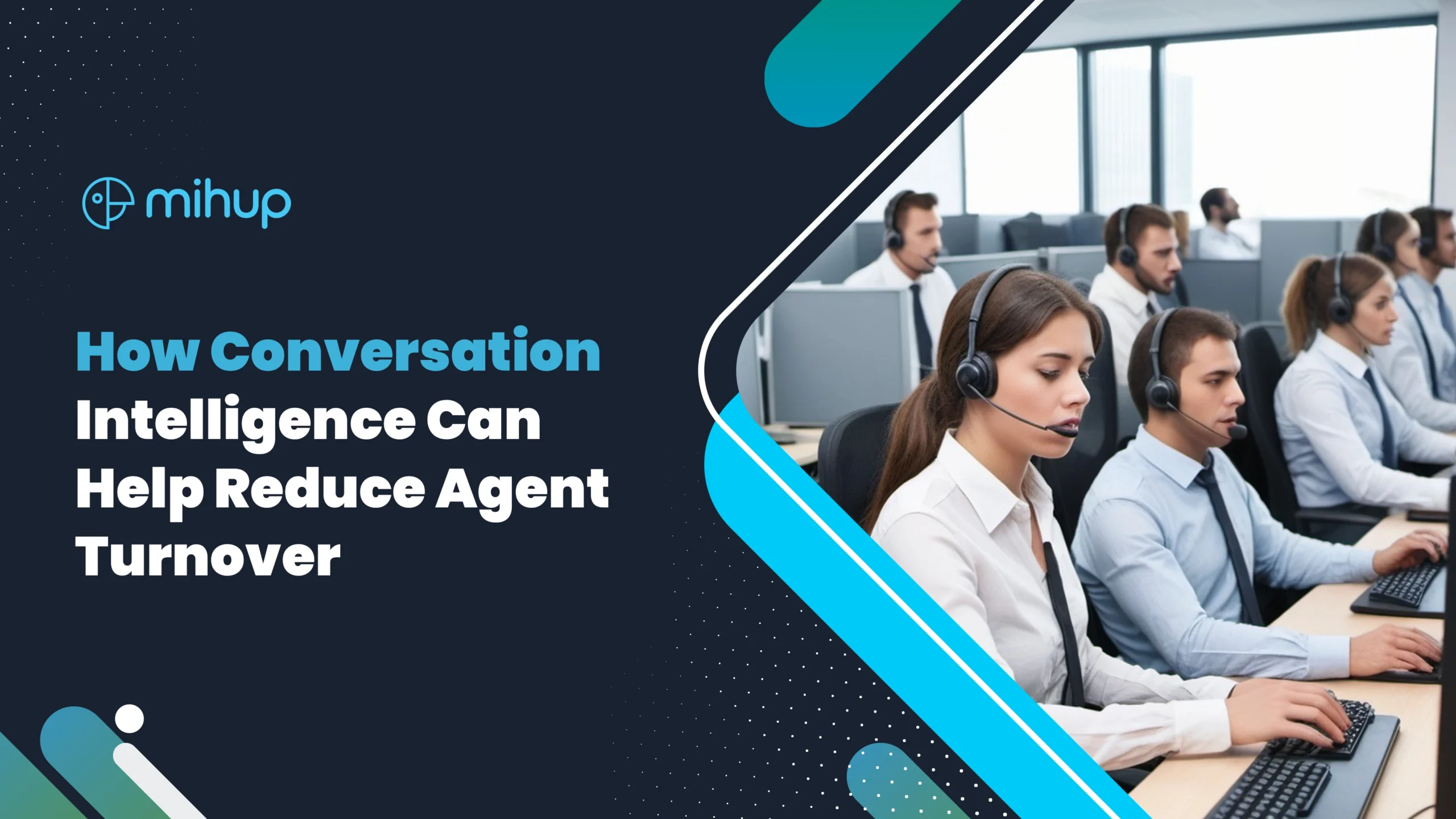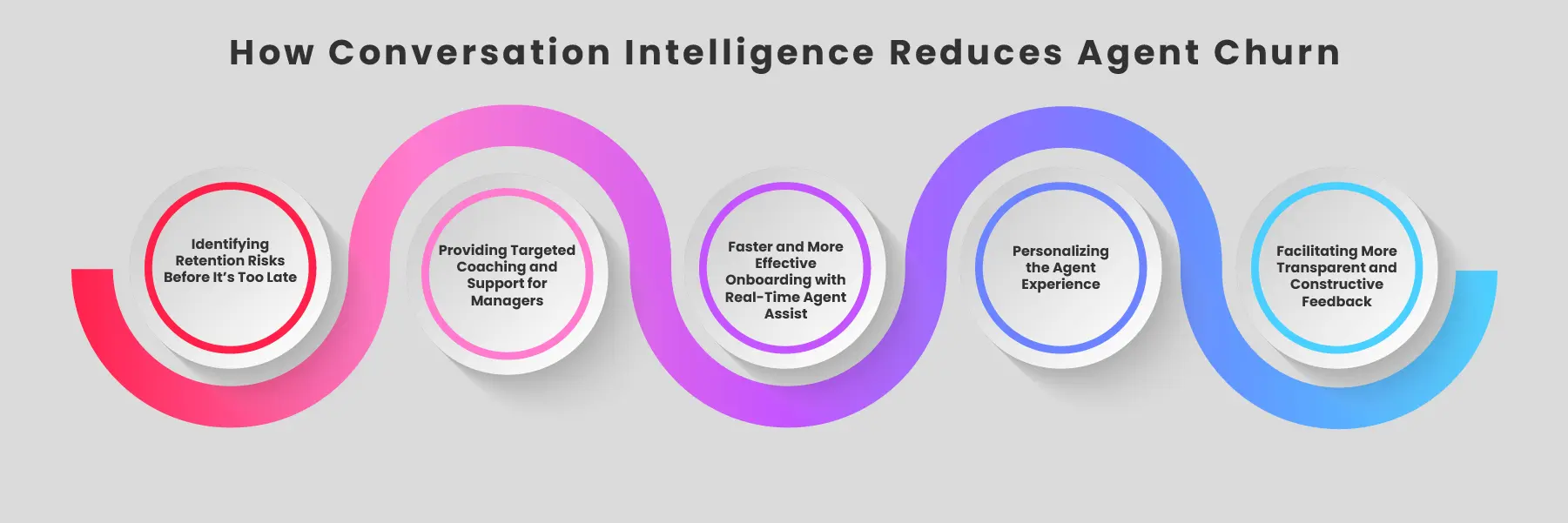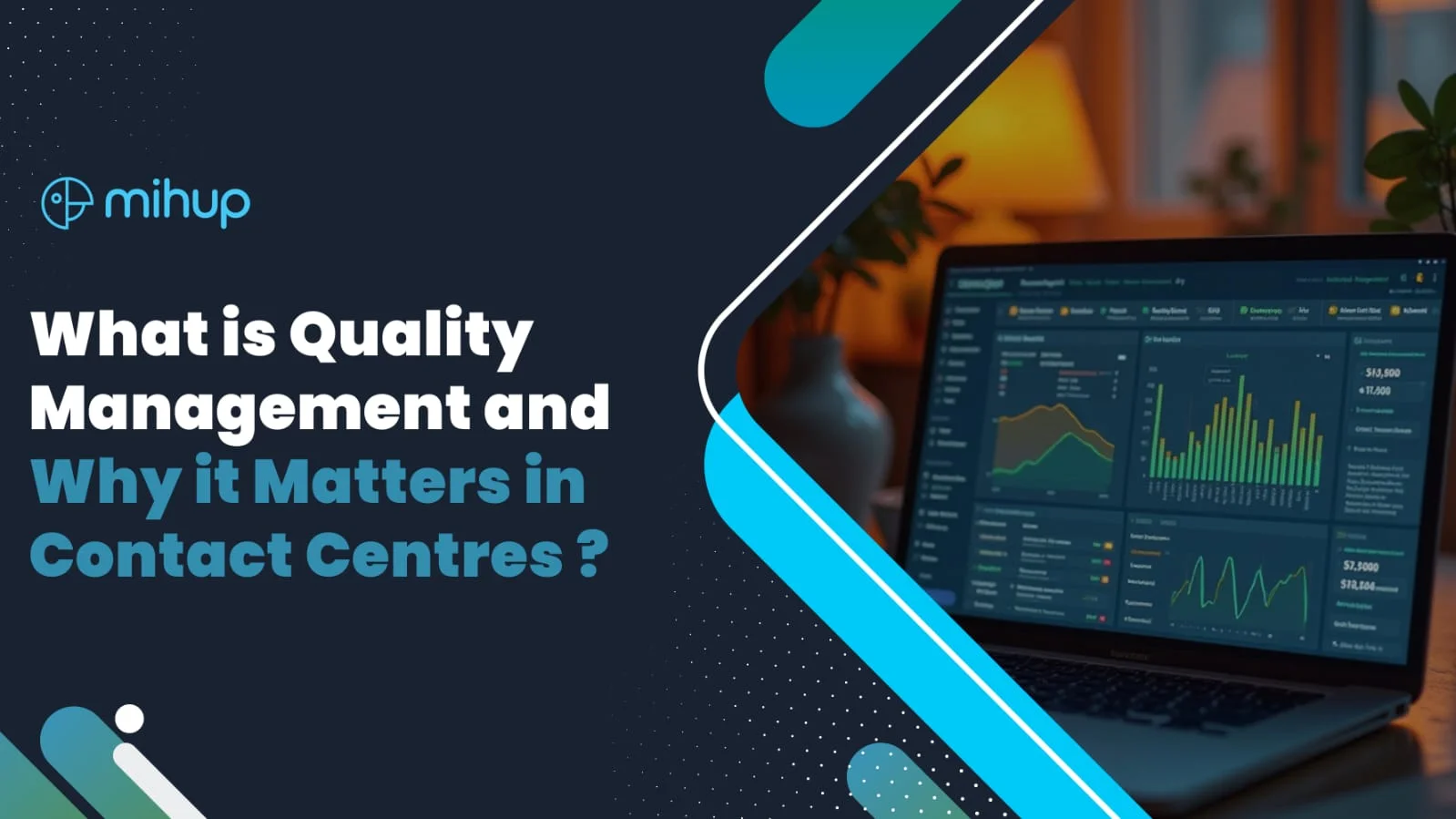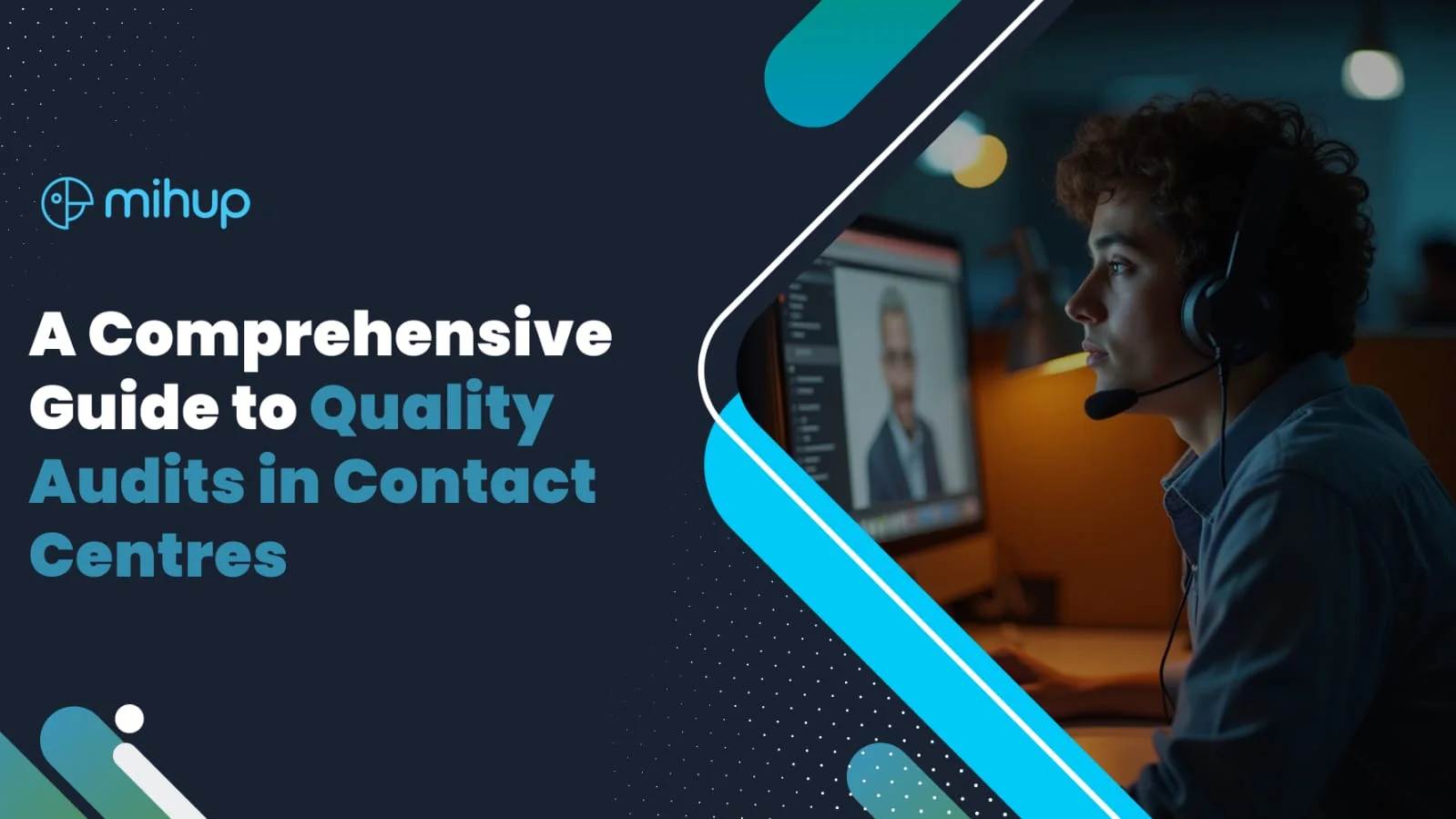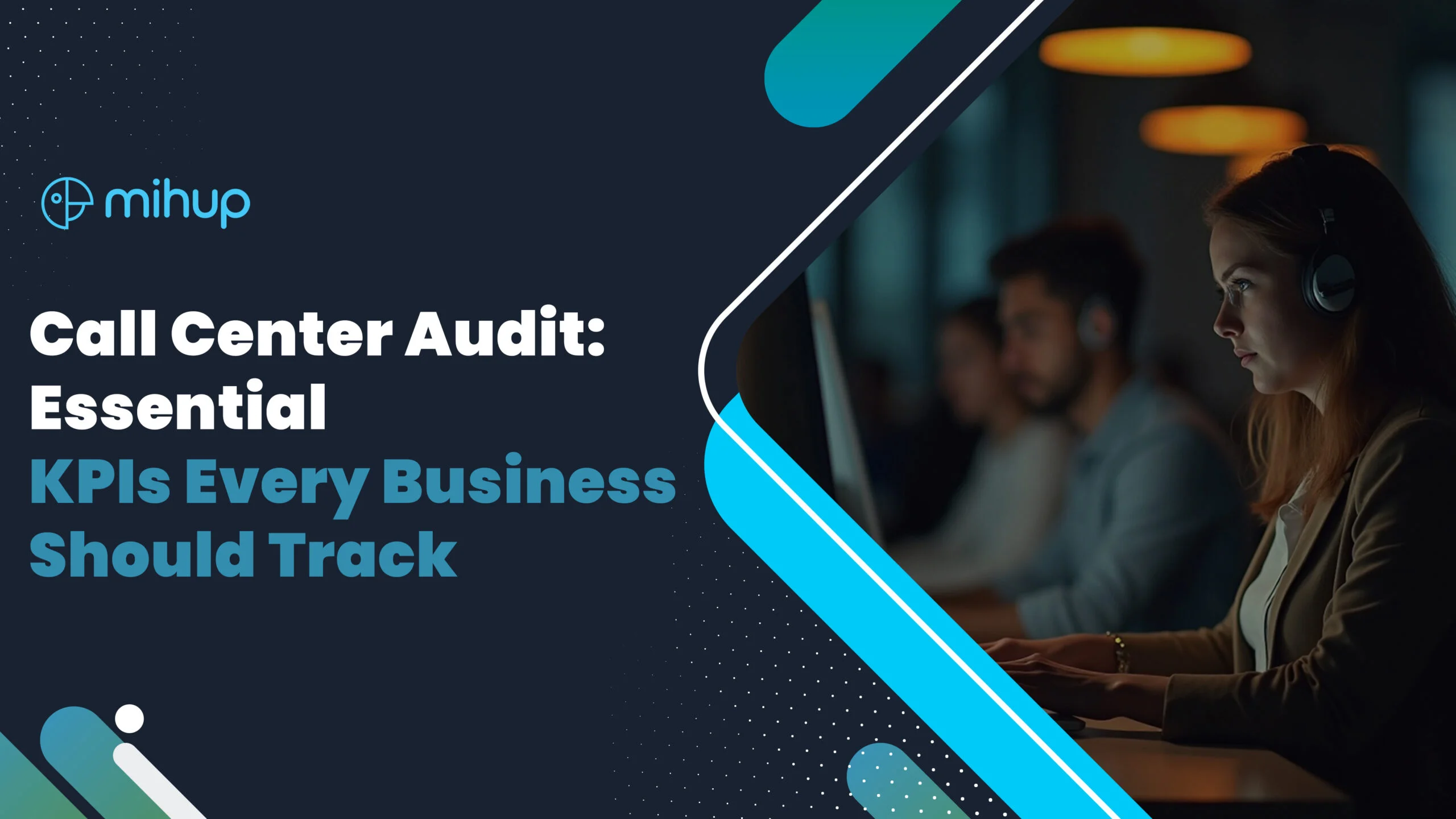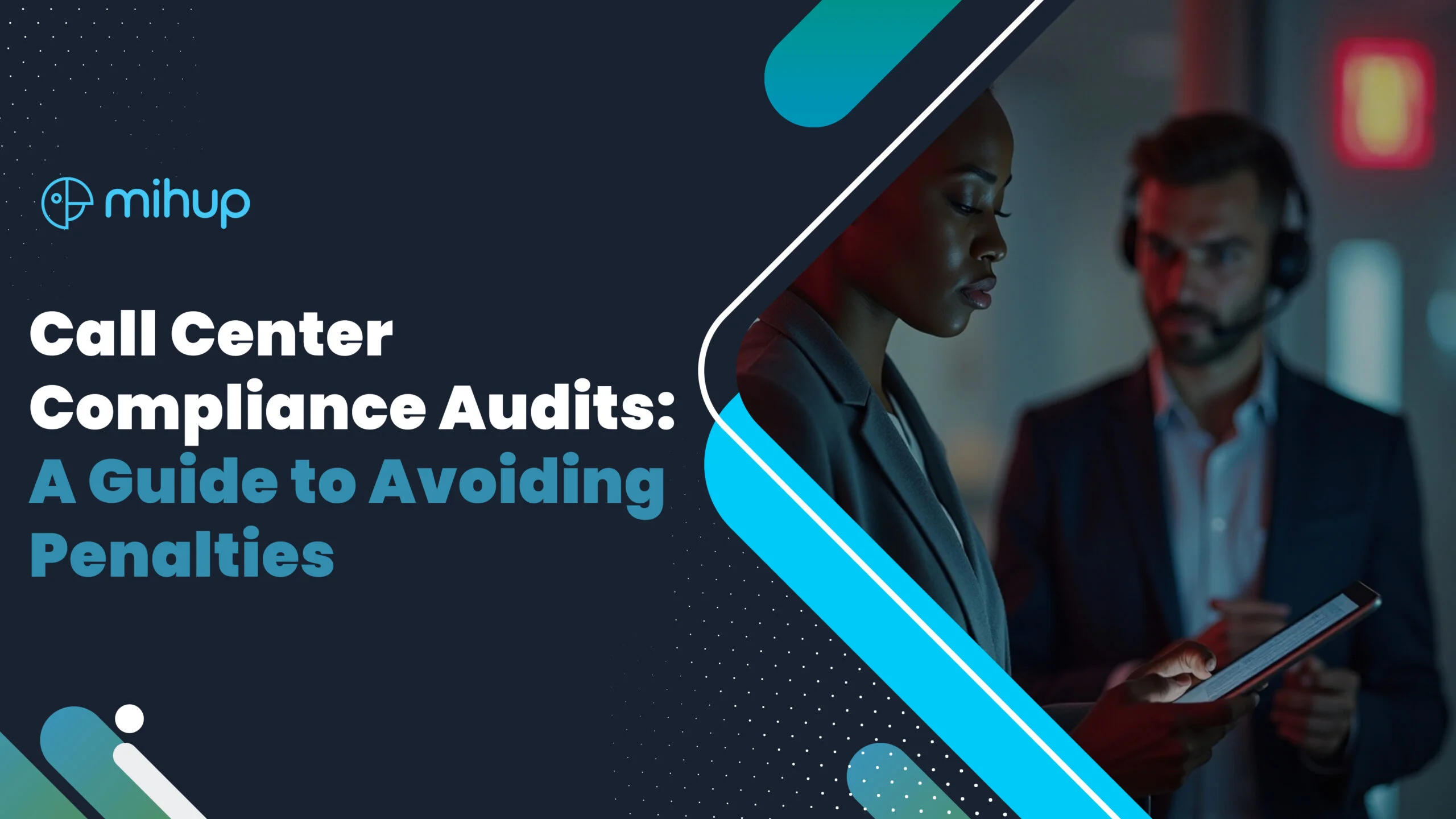Agent turnover, also known as agent churn, has long been a significant challenge for businesses across industries. In an era where retaining top talent is critical to organizational success, the ability to predict and reduce agent attrition has become increasingly important. One powerful, often underutilized tool to tackle this issue is conversation intelligence.
But what exactly drives agents to leave? How can businesses better predict and prevent agent attrition?
In this blog, we’ll explore how conversation intelligence works, why it’s a game-changer for reducing agent churn, and how companies can harness its power to improve agent retention. But before diving into how this technology works, let’s first define agent churn and why it’s essential for businesses to manage it effectively.
What is Agent Churn and Why It Matters
Agent churn refers to the process of agents leaving an organization over a certain period of time. To measure this, businesses often use the agent attrition rate or agent churn rate, which is calculated by dividing the number of agents who left by the total number of agents at the beginning of the period.
Managing agent turnover is crucial. High churn can lead to lost productivity, increased training costs, and weakened company culture. Moreover, continuously replacing staff consumes significant time and resources, which could be better spent on growing the business.
The real question is: how can organizations predict agent churn and take steps to reduce it? One emerging solution lies in conversation intelligence, which uses AI to track and analyze communication patterns, offering insights that traditional methods miss.
How Conversation Intelligence Reduces Agent Churn
With an effective agent churn prediction model in place, the next step is taking action to reduce attrition. Conversation intelligence offers a way to do just that. Here are five key ways that conversation intelligence can enhance the agent experience and reduce turnover in forward-thinking organizations:
1. Identifying Retention Risks Before It’s Too Late:
Conversation intelligence platforms monitor every interaction between agents and customers, enabling organizations to stay ahead of potential retention risks. By analyzing sentiment, topics, and overall tone, these technologies pinpoint agents who may be on the verge of leaving. For example, if an agent frequently expresses frustration or dissatisfaction, managers can proactively address these issues, ultimately preventing turnover before it escalates. This proactive approach is critical in today’s fast-paced business environment, where understanding and responding to agent sentiment can make the difference between retaining top talent and facing costly turnover.
2. Providing Targeted Coaching and Support for Managers
Analyzing thousands of agent interactions gives managers critical insights to improve their leadership. Conversation intelligence software highlights areas where managers excel and opportunities for improvement, enabling personalized coaching that strengthens their interpersonal skills and creates a more supportive environment for agents.
3. Faster and More Effective Onboarding with Real-Time Agent Assist
The first few months at a new job are pivotal for long-term retention. Conversational intelligence tools provide real-time monitoring of new hires’ interactions, allowing managers to quickly identify and address onboarding pain points. Additionally, real-time agent assist offers instant, context-based information in the form of nudges, eliminating the need for agents to navigate multiple knowledge bases. This streamlined support shortens the learning curve, making the onboarding process smoother and more effective, setting new hires up for long-term success.
4. Personalizing the Agent Experience
By analyzing communication patterns, conversation intelligence can help create highly personalized experiences that cater to each agent’s unique needs. This includes tailored recommendations for learning activities, team-building exercises, or even optimal feedback methods. This level of personalization makes agents feel truly valued as individuals, driving long-term engagement and loyalty.
5. Facilitating More Transparent and Constructive Feedback
Traditionally, feedback has been a one-way street, but conversation intelligence changes that dynamic. Tools like automated agent scorecards encourage dialogue between managers and agents, promoting transparency, accountability, and two-way discussions about performance. Agents feel heard and empowered to engage in constructive conversations.
Curious about how these strategies can work for your organization?
Book a Free Demo!
Turning the Tide: Transforming Turnover into Retention with Mihup
To effectively harness the power of conversation intelligence, companies can turn to Mihup.ai, a leading conversation intelligence platform. Mihup offers robust tools like Mihup Agent Assist and Mihup Interaction Analytics, which are designed to enhance communication, improve agent engagement, and ultimately reduce turnover.
- Mihup Agent Assist serves as a real-time co-pilot for agents, providing them with the right cues and information to successfully close more calls. As the complexity of products and sales processes increases, agents often struggle to recall all the necessary details, pitch the correct product, and address customer objections—especially during the early stages of their careers.
Mihup Agent Assist solves this challenge by delivering real-time guidance, and offering agents timely, relevant information to help them navigate interactions more smoothly and efficiently. This not only improves performance but also reduces stress, making the agent’s journey easier and more productive. - Mihup Interaction Analytics analyzes 100% of conversations to uncover trends and patterns that traditional methods often overlook. By leveraging these insights, organizations can better understand agent skill gaps and provide actionable performance improvement suggestions. By examining communication patterns in detail, MIA identifies areas where agents may need additional support or training. These insights allow organizations to tailor coaching and development programs to each agent’s unique needs, ultimately enhancing performance and driving improvements in agent engagement and overall effectiveness.
Embracing tools that facilitate open communication and personalized feedback is key to creating a workplace where agents feel valued and supported. With conversation intelligence, particularly through platforms like Mihup, businesses can cultivate a thriving culture that not only attracts but retains talent, ultimately driving long-term success. Ready to Transform Your Agent Experience? Discover how Mihup can help you retain top talent today! [Book a Free Demo]
